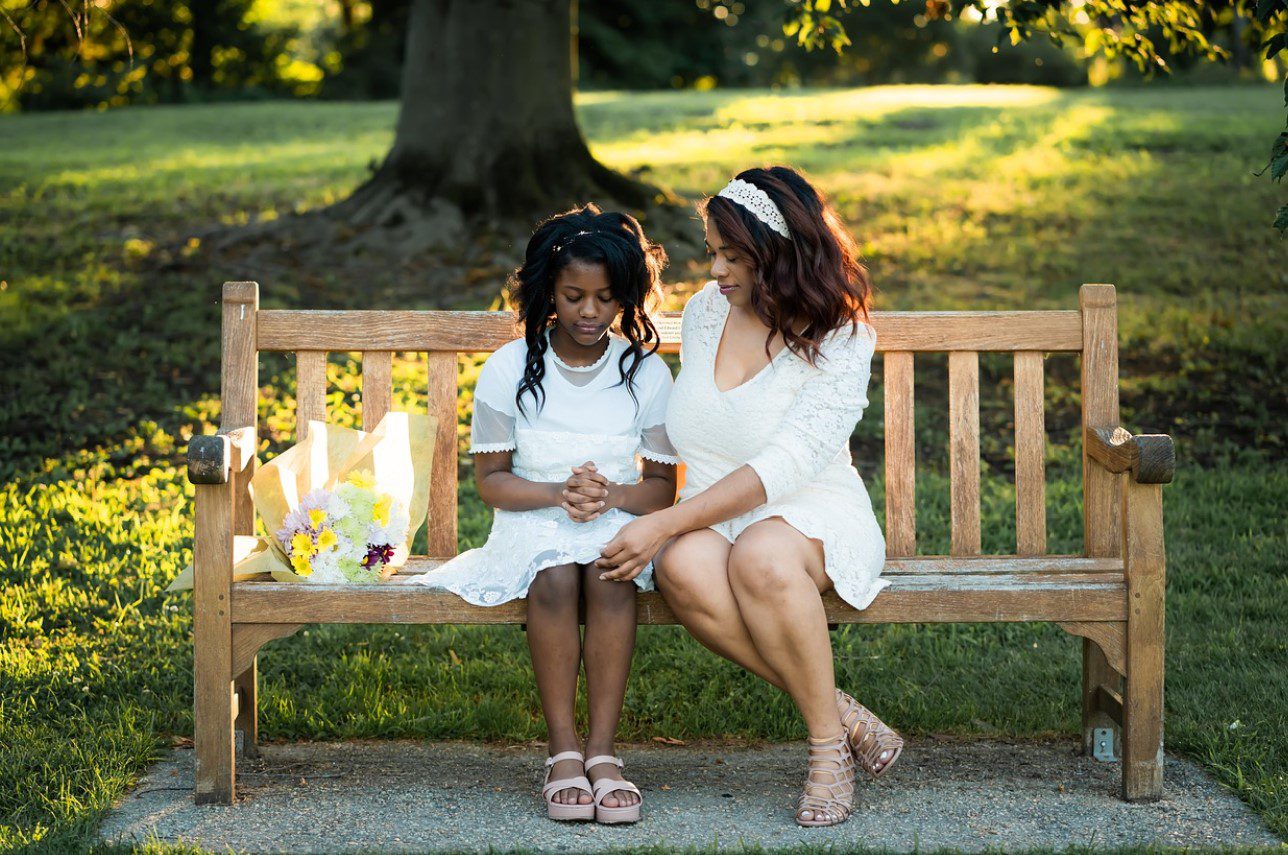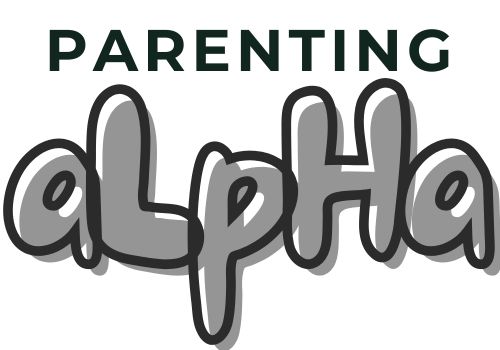Understanding children’s personality types is key to helping them grow up into healthy individuals. There is no “one-size-fits-all” approach to nurturing them because every child is unique in their own way. Some may be more outgoing and love interacting with peers, while others may prefer quiet, reflective activities that allow them to process their thoughts and feelings.
Whether they are the life of the party or the quiet observer, nurturing their personality with care and insight is the foundation of a strong, supportive relationship that encourages growth, self-expression, and emotional well-being.
In this article, we explore the diverse personality types children may exhibit, by offering a deeper understanding of each and how you, as a parent, can best support your child’s development.
The 10 Personality Types

1. The Social Butterfly (Extroverted Personality)
Traits:
- Outgoing, talkative, loves social interactions, energized by group settings.
Characteristics:
Social butterfly children thrive in group environments and love being the center of attention. They’re often seen as the life of the party, quick to make friends and willing to participate in group activities. These children enjoy socializing, whether it’s with family, classmates, or strangers, and are typically very confident and enthusiastic.
Support Tips:
- Encourage the development of social skills and teamwork.
- Teach them how to respect personal boundaries, both their own and others’.
- Help them manage their energy levels to prevent burnout from too much socializing.
2. The Leader (Dominant Personality)
Traits:
- Assertive, confident, goal-oriented, enjoys taking charge.
Characteristics:
Leader-type children are born with a strong sense of direction and often take the lead in group activities. They are decisive, determined, and enjoy being in control. These children tend to show leadership skills from a young age, whether in family settings, at school, or among friends.
Support Tips:
- Encourage collaboration and teach them the value of listening to others.
- Help them understand the importance of humility and sharing leadership roles.
- Foster their ability to balance their assertiveness with empathy.
3. The Helper (Empathic Personality)
Traits:
- Compassionate, caring, sensitive to others’ emotions.
Characteristics:
Helper children are naturally kind-hearted and tuned in to the feelings of those around them. They often go out of their way to help others, whether it’s through acts of kindness or offering emotional support. These children are often concerned with fairness and empathy, making them good friends and trusted companions.
Support Tips:
- Teach them about setting boundaries to prevent emotional burnout.
- Encourage them to take care of their own emotional needs.
- Help them navigate conflicts in a healthy, assertive manner.
4. The Creative (Artistic Personality)
Traits:
- Imaginative, inventive, enjoys creative expression.
Characteristics:
Creative children have a natural ability to think outside the box and often find joy in activities like drawing, writing, or crafting. They are usually dreamers and can sometimes be perceived as “lost in thought.” These children tend to be less focused on conventional success and more interested in exploring their inner worlds.
Support Tips:
- Provide opportunities for artistic and creative expression.
- Allow for freedom in their projects without imposing rigid structures.
- Encourage them to explore new creative outlets while also teaching practical problem-solving skills.
5. The Thinker (Introspective Personality)
Traits:
- Reflective, logical, enjoys problem-solving and intellectual pursuits.
Characteristics:
Thinker children are deep, thoughtful, and often prefer to explore ideas on their own. They may enjoy activities that allow them to reflect and analyze, such as reading, puzzles, or solo games. They tend to be independent in their thoughts and may seem reserved in group settings, preferring to observe before engaging.
Support Tips:
- Encourage independent thinking while fostering collaboration skills.
- Challenge them with intellectually stimulating tasks and projects.
- Provide quiet time for them to reflect and process their thoughts.
6. The Sensitive (Shy or Cautious Personality)
Traits:
- Quiet, introspective, easily overwhelmed in new or unfamiliar situations.
Characteristics:
Sensitive children are more introverted and tend to be deeply affected by their environment. They may feel overwhelmed by loud noises, unfamiliar people, or new experiences. They might take longer to adjust to changes and prefer predictable routines. These children often require more time to warm up to new situations.
Support Tips:
- Create a calm, predictable environment to help them feel safe.
- Be patient and give them time to adjust to new experiences.
- Encourage them to engage in social situations gradually, starting with familiar faces.
7. The Adventurer (Spontaneous Personality)
Traits:
- Energetic, curious, loves trying new things, often impulsive.
Characteristics:
Adventurous children are full of energy and curiosity, always seeking out new experiences and challenges. They are often impulsive, acting on their curiosity and instincts. These children thrive on excitement and love exploring the world around them, whether it’s through physical activities or discovering new ideas.
Support Tips:
- Channel their energy into structured activities that allow them to explore safely.
- Teach them how to assess risks and make informed decisions.
- Provide plenty of opportunities for exploration while setting clear boundaries.
8. The Perfectionist (Orderly Personality)
Traits:
- Organized, detail-oriented, strives for perfection.
Characteristics:
Perfectionist children are often very conscientious and have high standards for themselves. They are detail-oriented, organized, and take great pride in doing things correctly. While this can lead to excellent work, these children may also feel stressed or frustrated when things don’t go as planned or when they make mistakes.
Support Tips:
- Help them manage expectations and embrace the learning process.
- Encourage flexibility and teach them that making mistakes is part of growth.
- Offer praise for effort, not just the end result.
9. The Free Spirit (Easygoing Personality)
Traits:
- Laid-back, flexible, enjoys going with the flow.
Characteristics:
Free-spirited children are relaxed and adaptable. They don’t get easily stressed and tend to go with the flow, making them easy to manage in most situations. These children are often more spontaneous and enjoy flexibility in their routines, making them easygoing and open to new experiences.
Support Tips:
- Encourage them to develop routines and set goals.
- Help them understand the importance of balance, especially when it comes to schoolwork and responsibilities.
- Celebrate their open-mindedness while guiding them toward more structured tasks.
10. The Lone Wolf (Independent Personality)
Traits:
- Independent, introspective, enjoys solitude and self-reflection.
Characteristics:
Lone wolf children tend to be introverted and enjoy their own company. They are often self-reliant, content with spending time alone, and may seem aloof in social settings. These children are typically deep thinkers and may prefer solitary activities like reading, drawing, or daydreaming. They don’t seek validation from others and are confident in their individuality.
Support Tips:
- Respect their need for alone time and personal space.
- Encourage them to explore their interests while gently introducing social situations at their own pace.
- Help them develop social skills without overwhelming them.
In Conclusion

Every child is a complex blend of different traits, and understanding these personality types can help you provide the right kind of support as they grow and develop.
From the social butterflies who thrive on interaction to the lone wolves who embrace their independence, each personality type has its strengths and challenges.
By recognizing and nurturing your child’s unique personality, you can help them grow into confident, well-rounded individuals who are equipped to navigate the world in their own way.





Leave a Reply